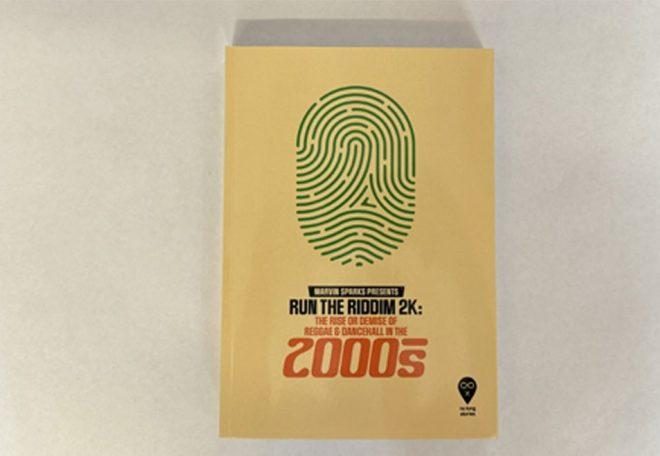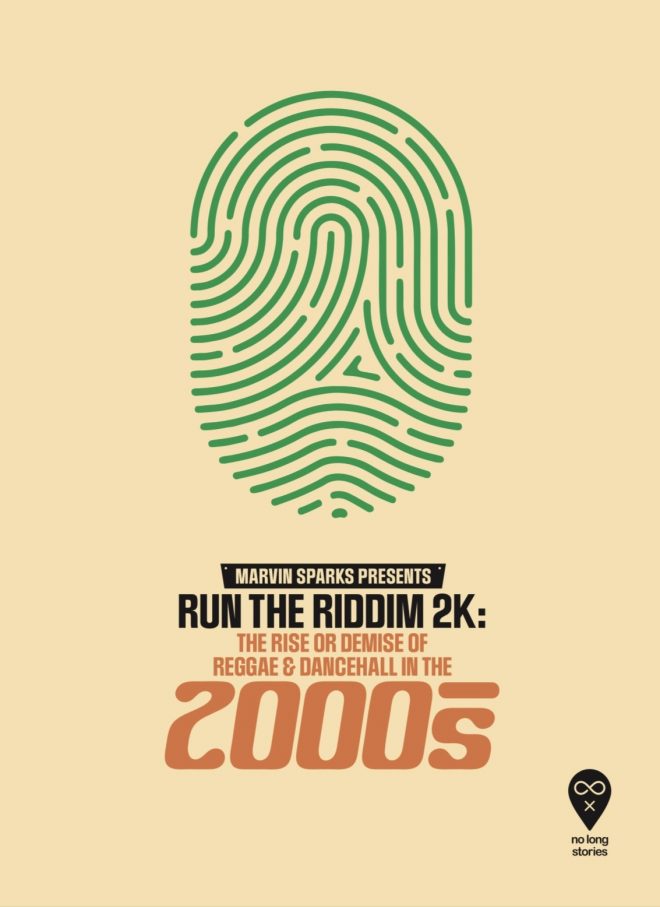New book tells the story of reggae and dancehall in the 2000s
Out now, it is the sequel to Marvin Sparks’ first book, which looked at the global expansion of dancehall in the 90s.

A new book by Marvin Sparks tracing the history and culture of reggae and dancehall in the 2000s is out now via No Long Stories.
Published on August 20, Run the Riddim 2K: The Rise or Demise of Reggae and Dancehall in the 2000s is the second in a series uncovering the roots, rise and richness of the two Jamaican genres – musical ground that is relatively untouched within the academic sphere.
In his first book, Run the Riddim: The Untold Story of '90s Dancehall to the World, Sparks took readers on a journey back to the genre's “golden era”, exploring its origins, identity, highs and lows through interviews with seminal figures.
Read this next: Why dancehall isn't a major industry in the UK, and what needs to be done
Following its success, including critical acclaim and championing by David Rodigan MBE, Sparks decided to run it up for round two, this time venturing into the next era of the genre, where new stories and adventures unfold.
“In contrast to the universally loved ’90s, culture and generation wars raged” in the 2000s, explains the book’s blurb. “While Jamaica’s unfiltered musical output reached previously unimaginable commercial heights and influence across the world, unforeseen challenges arose with saving its identity.”
Run the Riddim 2K: The Rise or Demise of Reggae and Dancehall in the 2000s unpicks these complicated histories, “charting the pop victories, reporting the conflicts, and connecting significant life events” such as Sean Paul’s international rise and the Gully vs Gaza feud.
Read this next: When two sounds go to war: David Rodigan details his life as a sound clash King
The book explores essential tracks that help show the genres’ evolution since the turn of the millenium, with anecdotes and accounts from more than 40 key artists and industry professionals, including Vybz Kartel, Shaggy, Sean Paul, Lady Saw, Spice, Damian Marley and Chronixx.
Along the way, the book tackles important social, political and cultural issues such as cultural appropriation and how music informs identity-building within a modern world.
Speaking on the 16-year writing project, Sparks told Mixmag: "I wrote this [book] for the younger me who listened to pirate radio, debated these riddims with my friends after school, raved in Brixton, attended concerts at Stratford Rex, and immersed myself in the culture in Jamaica every summer between 2007 and 2011. I feel so privileged to have been the right person in the right place at the right time to do this. I didn’t have any aspirations of becoming a writer or author when I was younger, I just did it out of necessity and fair representation for the music I love. This is my proudest work."
Meena Sears is Mixmag's Digital Intern, follow her on Instagram



